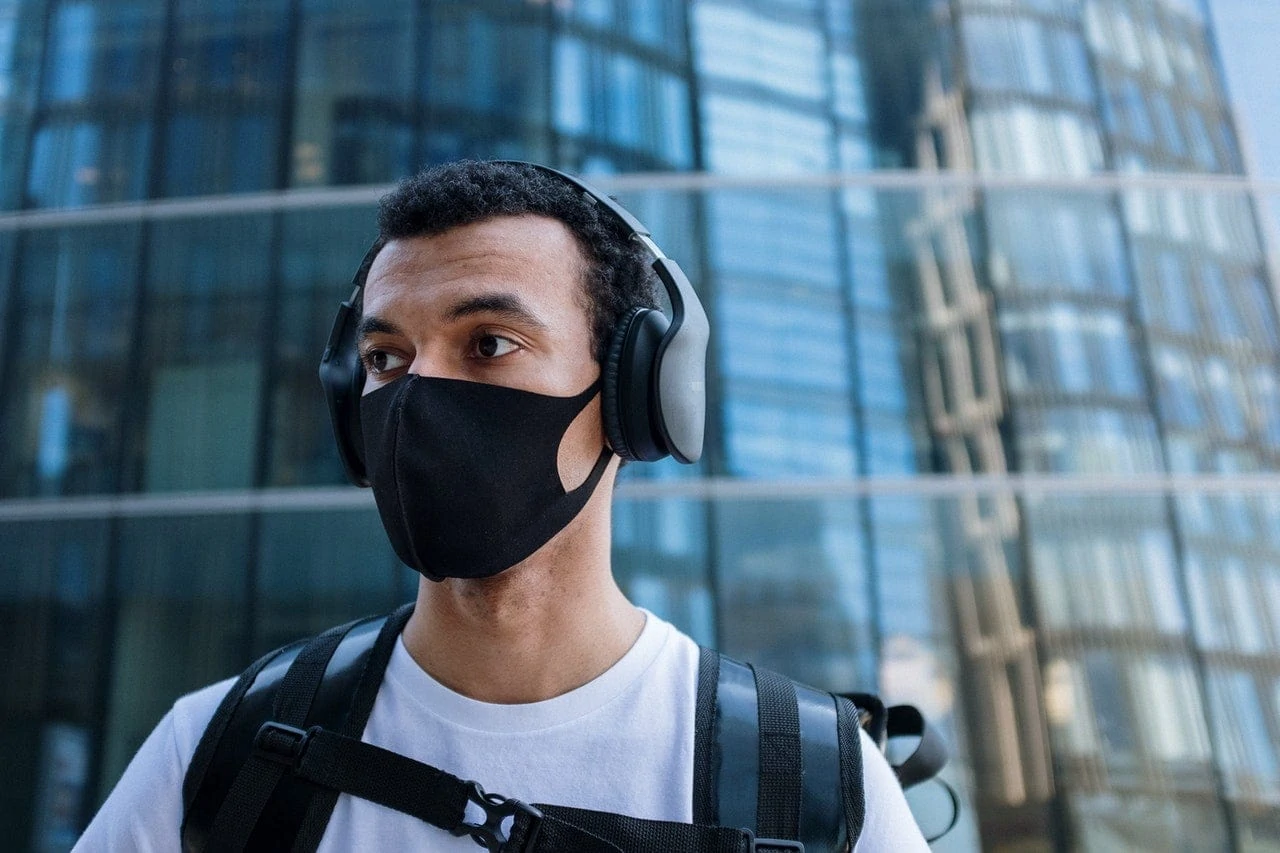


COVID-19 has changed the way people live, work, and socialize across the globe. It hasn’t been easy for anyone. As time passes, it’s become clear that our lives have all changed for the time being. Everyone has had to take this new “normal” one day at a time.
People still need to socially distance. As human beings, this is contrary to our nature. Online AA meetings and group therapy have become one way people can reach out to one another. However, it’s hard to imagine that this is genuinely a new lifestyle.
No one knows how long this crisis will last or when the unrest in some parts of the country will end. It’s a scary time, and that’s okay to talk about and feel. If you’re in recovery from addiction, you have probably experienced some not-so-normal lifestyle. It’s important to remember; this, too, shall pass.
Today, you can still take care of yourself even when things aren’t perfect. You’re a resilient human being, and you can get through this. Self-care is important. So is reaching out to others in recovery, and finding ways to be social and safe at the same time.
You can practice acceptance by praying, meditating, crying it out, or writing about it. Accepting the fact that we have no idea how long this crisis will last is essential. Accepting it doesn’t mean you’re happy about it. It simply means you know you can’t personally change it.
You’re not in control of this pandemic, but you can choose to stay sober through it. As a person in recovery, you can stay sober if you use the tools you have. A sponsor, a strong support network, and online support meetings will help you stay connected to the world. You’re not alone.
As mentioned earlier, self-care is an integral part of daily living in this new pandemic culture. Self-care will help you have something to enjoy and hold onto. It’s an excellent time to learn to nurture your spirit and really let yourself experience new things.
Here are some ideas:
Consider Sober Living
Are you interested in learning more about sober housing? Many people need the structure and safety of sober living once they’ve left treatment. We offer friendly, safe, and therapeutic housing to people new to recovery. Learn more about your options by calling us at 760-216-2077.
As a person of the modern age, you probably have a social networking account. Facebook, Twitter, and Instagram are all used by hundreds of millions of people a day. No one is going to ask you to withdraw from the online world just because you’re sober. However, using social media wisely is something that you need to be mindful of while you’re in recovery.
Many people want to announce their lives to the world as soon as they’re in recovery. How do you approach social networking as a newly sober person?
Not all social networks are “anonymous.” Consider ditching old accounts and creating new ones. Unfortunately, using an account with your first and last name may be something to consider.
You may want to create a new account if your old partying friends are a part of your online network. You may have to de-friend some people who are triggers for you to go back to your old lifestyle.
Do you want future employers to see you talk about your life in recovery from addiction? Maybe you want to start a “recovery only” account for yourself. It’s okay to keep work and recovery separate and disclose your addiction to only the people you choose.
One of the most troublesome behaviors in the online world is “stalking” old friends or relationships. This is a slippery slope for a person in recovery.
While you’re at it, keeping up or following people who glorify drug and alcohol use is a big warning that you’re heading into relapse mode.
Choose your online friends wisely, and stick to people who post in ways that touch and uplift you. There is plenty of inspiration online, including from your favorite celebrities in recovery from addiction. There are plenty of Twitter accounts and Facebook pages dedicated to recovery, as well. Also, ask people from your support groups to connect on social media.
There’s nothing better than having people you know in real life to turn to, as well. Shoring up your support network is a great way to make new friends. Sober living homes offer discipline, aftercare, and plenty of ways to participate in living life to its fullest in recovery. Learn more about your housing options by calling us at 760-216-2077.
